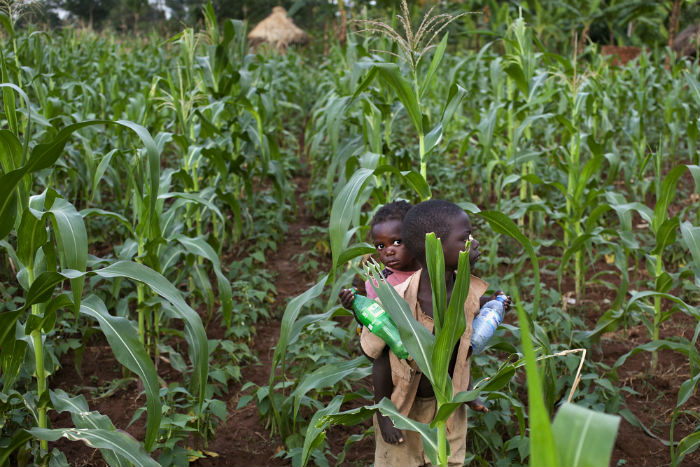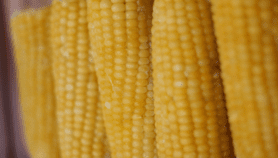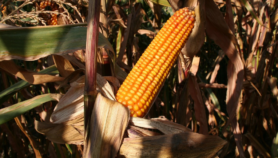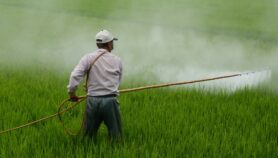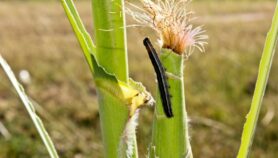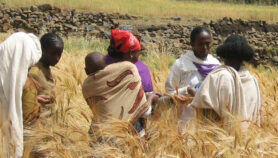By: Busani Bafana
Send to a friend
The details you provide on this page will not be used to send unsolicited email, and will not be sold to a 3rd party. See privacy policy.
[HARARE] Using drone technology could cut labour and costs spent in collecting data for maize breeding by at least ten per cent, preliminary findings of a project shows.
With increased demand for better seeds to adapt to changing climate, breeders have turned to unmanned aerial vehicles (UAVs) also known as drones for precise gathering of data from the field to enable more efficient maize breeding in most of Southern Africa.
“The use of drones to collect data may be an efficient way if you look at large acreages.”
Eric Yirenkyi Danquah, West Africa Centre for Crop Improvements
The International Maize and Wheat Improvement Center (CIMMYT) in Southern Africa has adopted UAVs to collect data as a critical part of successful breeding programme.
Mainassara Abdou Zaman-Allah, maize physiologist at the International Maize and Wheat Improvement Center (CIMMYT) in Southern Africa regional office in Zimbabwe, says using UAVs has facilitated instant data gathering, adding that with the UAVs it is possible to collect data from 1,000 plots in ten minutes or less while it may take eight hours to do so manually.
“In the preliminary analysis that we made, we realised that with the UAV technology, we would spend 10 per cent or less on labour and cost respectively,” said Zaman-Allah.
Zaman-Allah told SciDev.Net in an interview on 8 February that preliminary analysis shows that greater savings could result if sensors with higher resolution are used.
“First tested in 2013, UAVs are now used in maize breeding by CIMMYT in Eastern and Southern Africa, Latin America and Asia,” Zaman-Allah adds.
According to Eric Yirenkyi Danquah, a plant geneticist and the director of the West Africa Centre for Crop Improvement at the University of Ghana, many African countries do not have trained plant breeders to conduct effective crop breeding, which makes it urgent for Africa to build human capacity to develop staple crops.
An increase in commercial farming as markets develop will attract multinational agricultural businesses to Africa that will rely on large crop breeding programmes, which Africa currently does not have, Danquah explains.
“This will call for technology and UAVs will certainly have a role to play in the future,” says Danquah. “The use of drones to collect data may be an efficient way if you look at large acreages. So as field sizes increase, more efficient and effective ways [of data collection] will be needed.”
This piece was produced by SciDev.Net’s Sub-Saharan Africa English desk.


